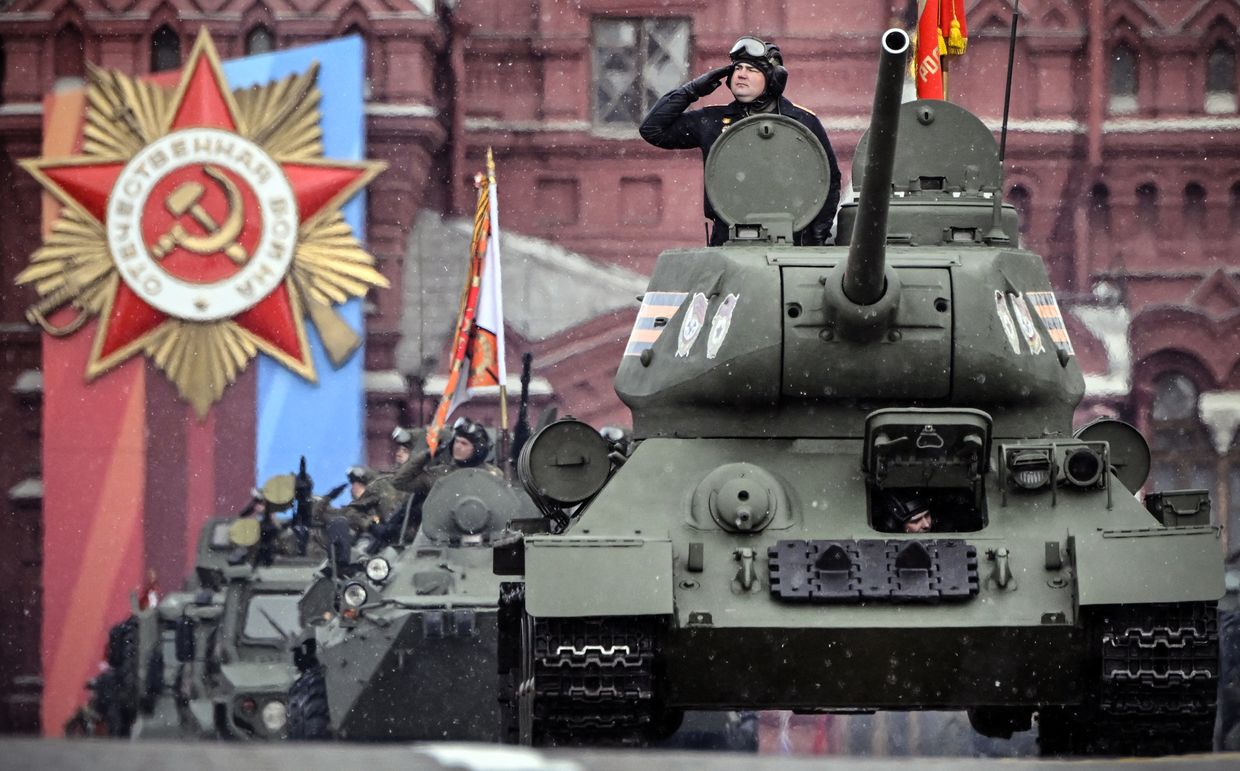Russia desperate to recruit workers at defense plants amid personnel shortage, BBC reports

Russian defense production facilities are recruiting tens of thousands of factory workers amid an acute personnel shortage, the BBC's Russian service reported on Oct. 1.
The full-scale invasion of Ukraine has drained Russia's labor market and prompted fierce competition between the military and business for new recruits. At the same time, Russia's all-out war has dramatically increased the production of weapons and military equipment.
Russia has posted thousands of job ads for shift workers at defense enterprises, enticing workers with triple the standard pay, recruiting young people, and offering rewards for referrals of new hires, the BBC's investigation found.
More than 90,000 vacancies for defense industry jobs appeared on Russian job portals between Aug. 15 and Sept. 15, the BBC reported. Salaries for high-demand specialties were often three to four times higher than the average regional salary.
Russia faces a shortage of engineers, turners, and CNC machine operators. The Russian job portal Avito in September received 2,000 resumes for turners, in comparison to 60,000 position openings. For CNC operators, there were only 600 resumes for 18,600 vacancies, despite the alluring salaries.
At Kurganmashzavod, a plant that produces infantry fighting vehicles in Russia's Kurgan Oblast, there were 78 open slots for machine tool adjusters and CNC operatiors as of Sept. 4, the investigation found.
The shortage of defense facility workers corresponds to Russia's overall labor shortage, exacerbated by military mobilization and the decreasing number of migrants entering the country. Russia also faces a population crisis, with an expected decline of around 7 million over the next two decades.
In addition to offering higher salaries, factories have enticed workers by providing temporary housing to employees recruited from other regions. The Tatarstan Republic reportedly implemented a program in spring 2024 to employ minors aged 14-18 in the defense industry.
A draft amendment to the legislation on alternative service submitted to Russia's State Duma in June 2024 proposed letting new conscripts choose defense industry work as an alternate to military service.
Shift work in Russian defense industry plants is often brutal, the BBC reported. Some positions advertised 11-hour shifts with no days off.
When a BBC correspondent phoned a company to clarify the details about the length of a shift, the recruiter refused to provide the information, but immediately offered to hire the reporter.












